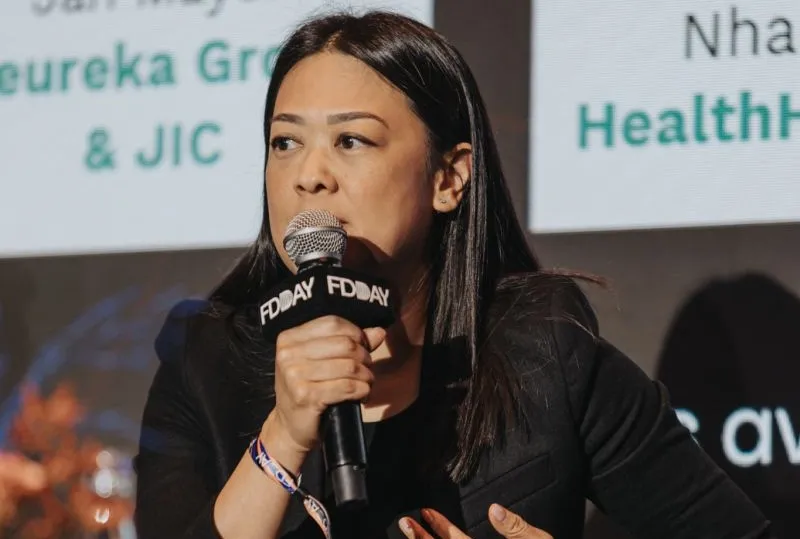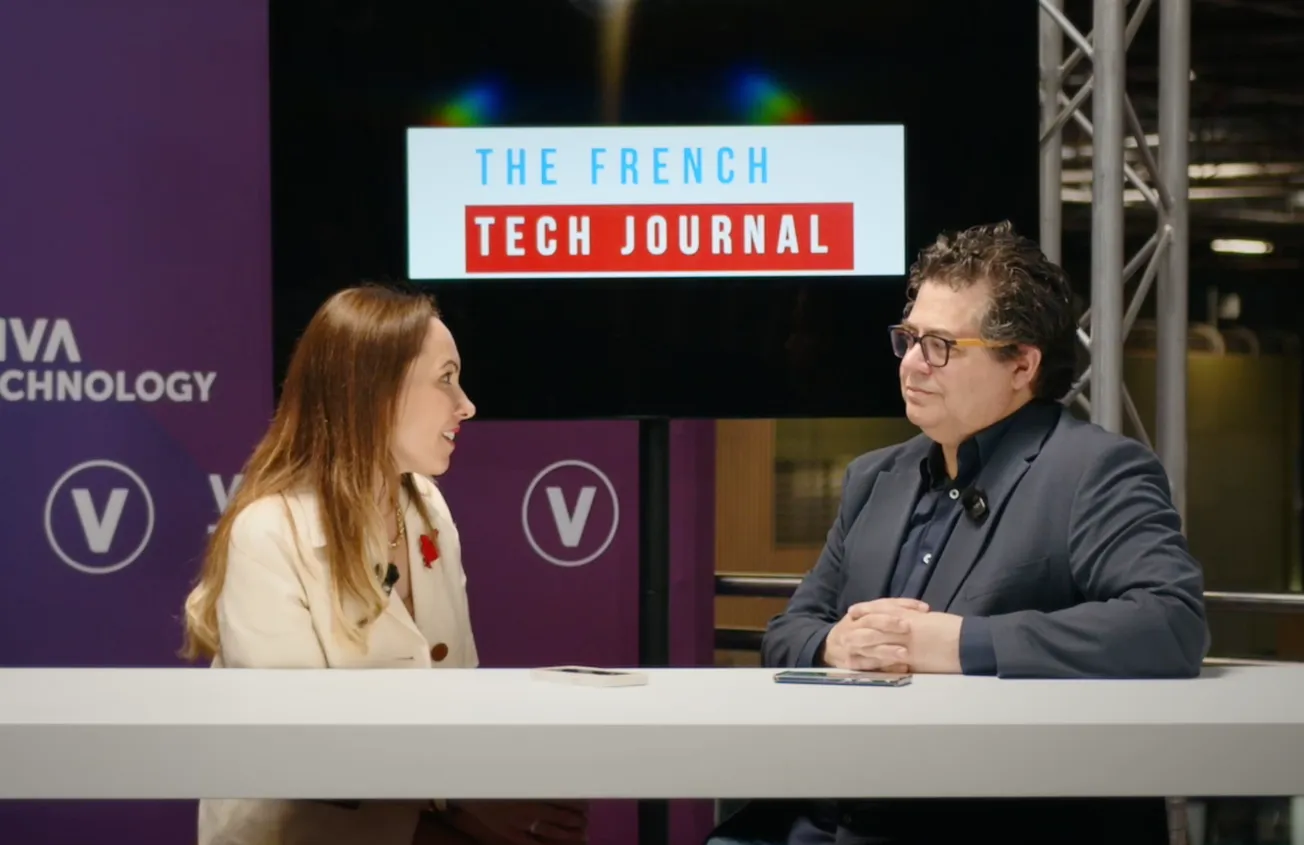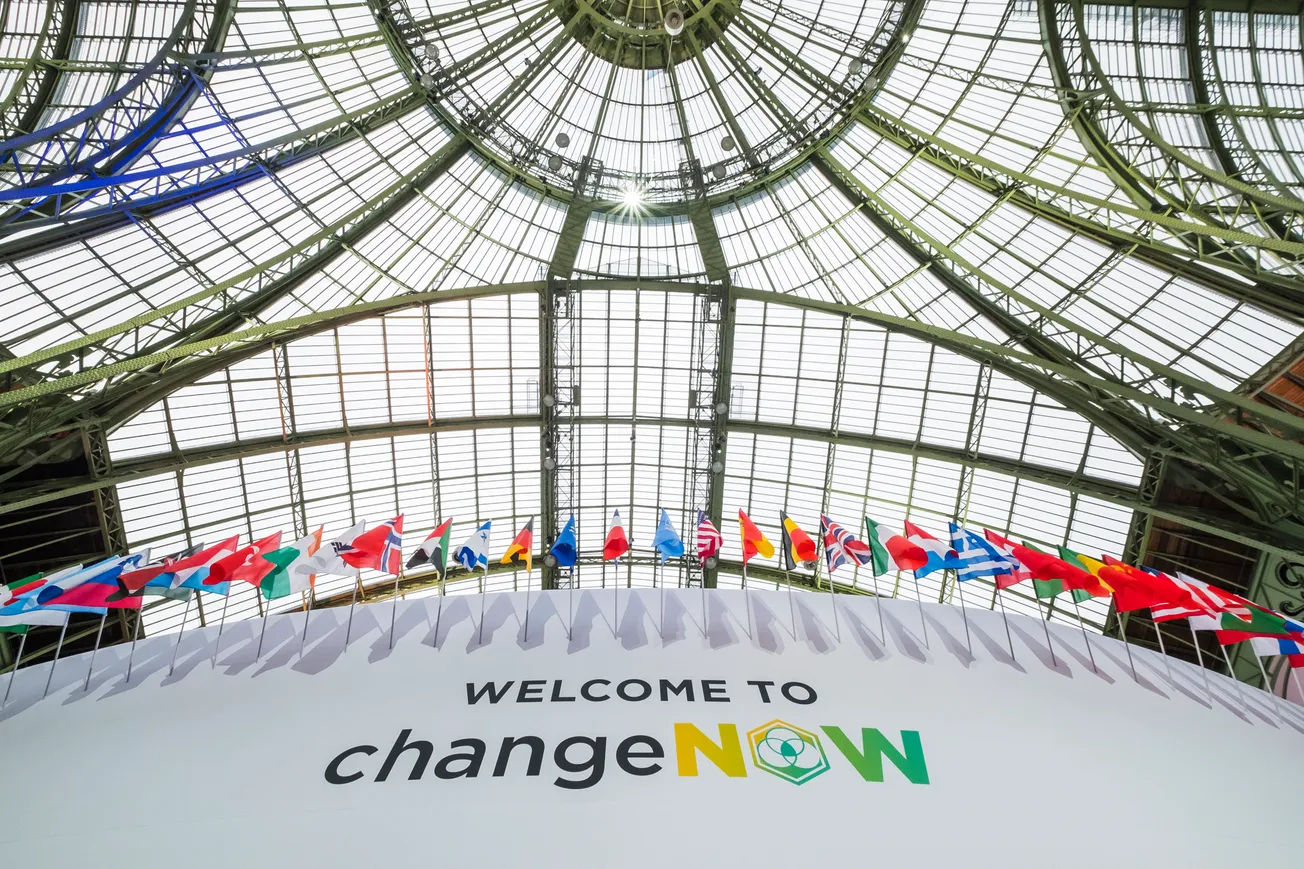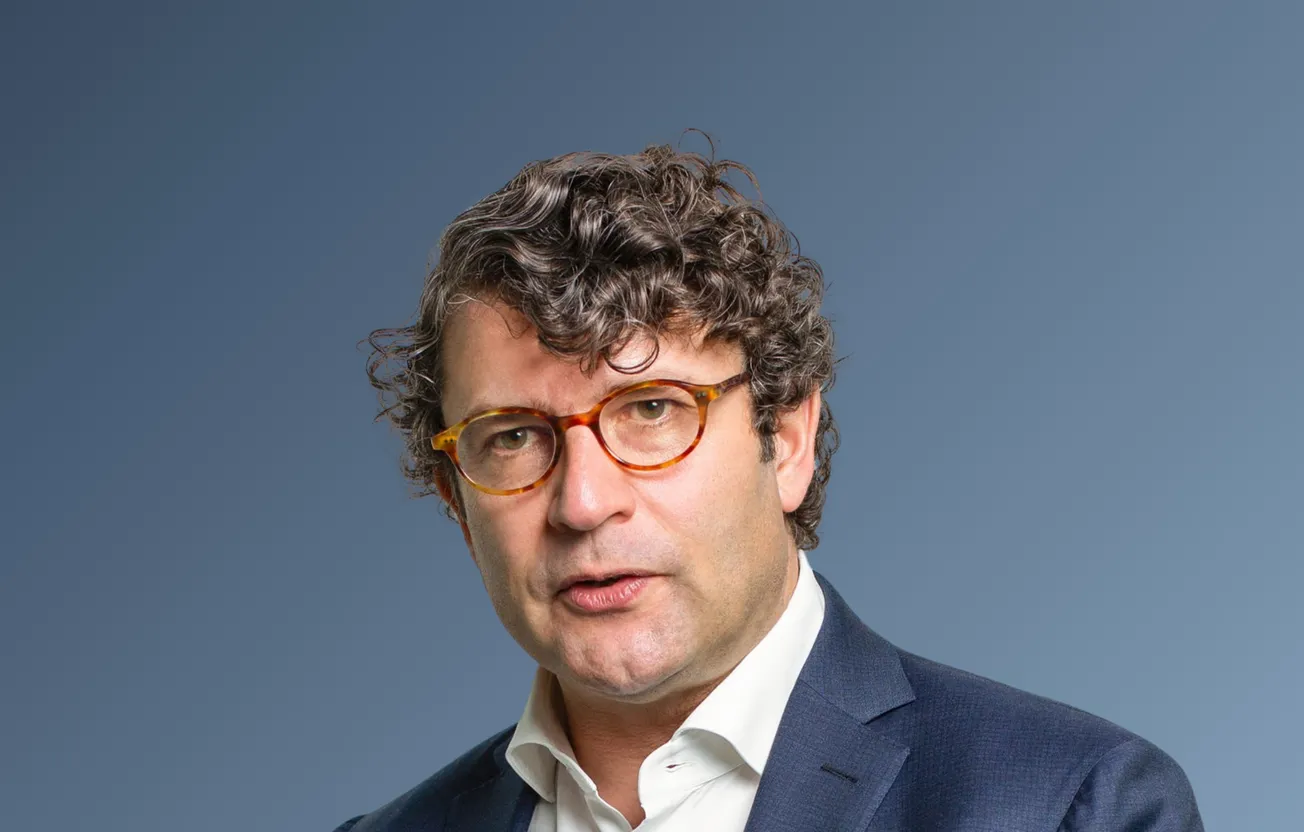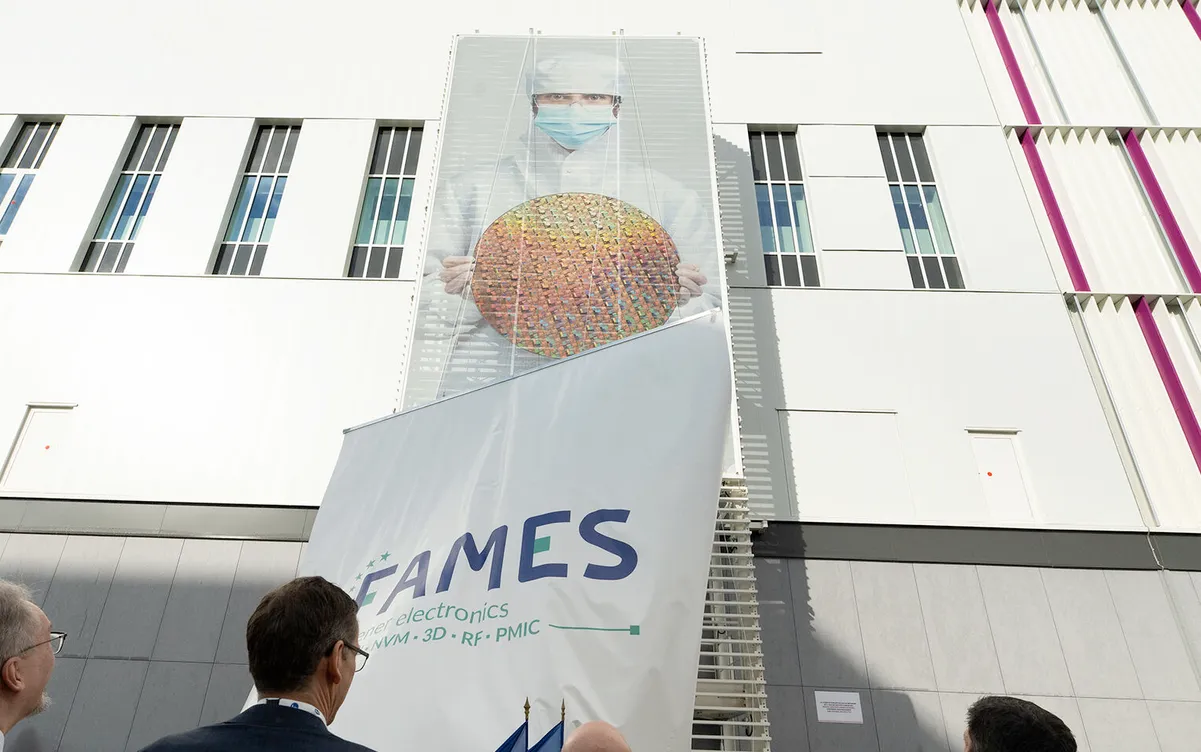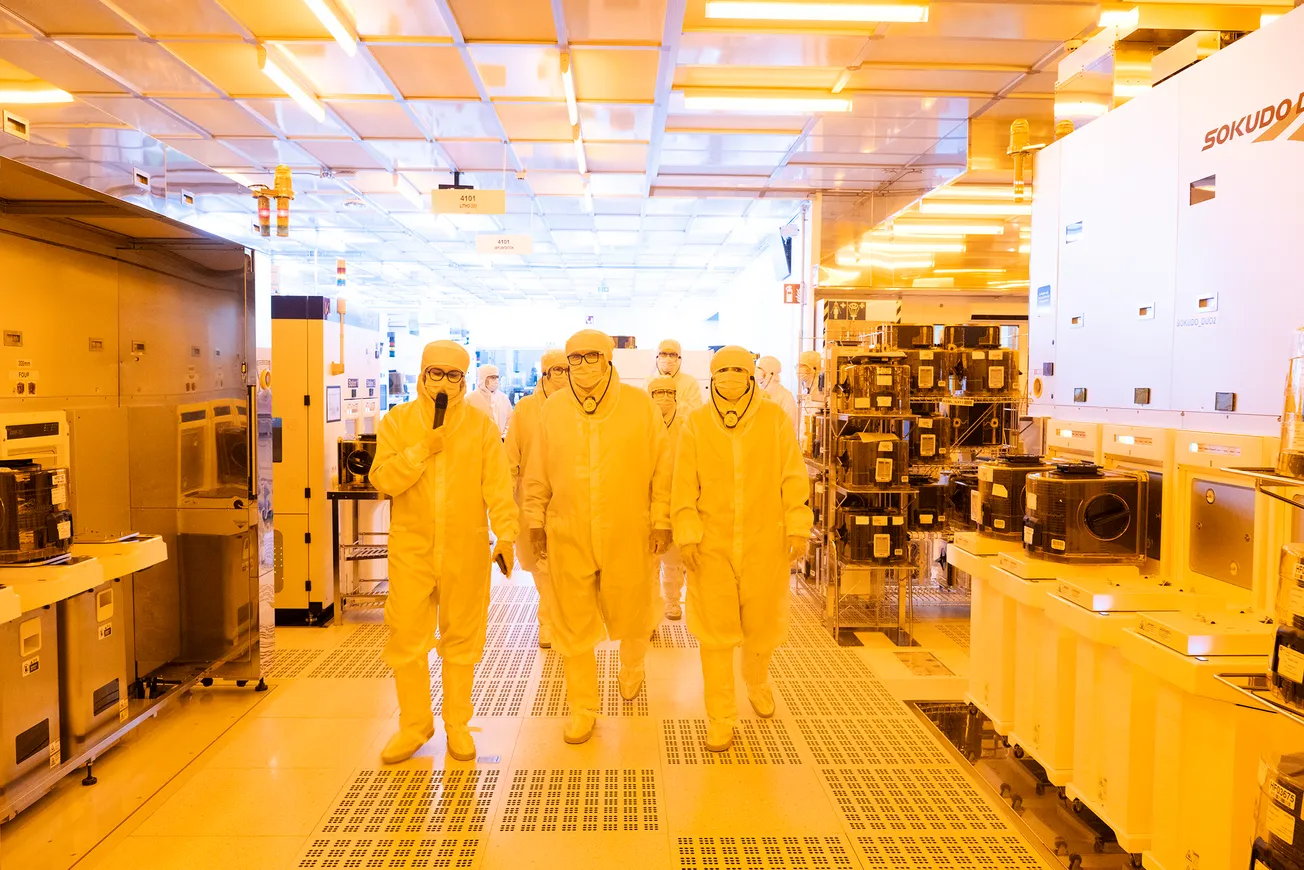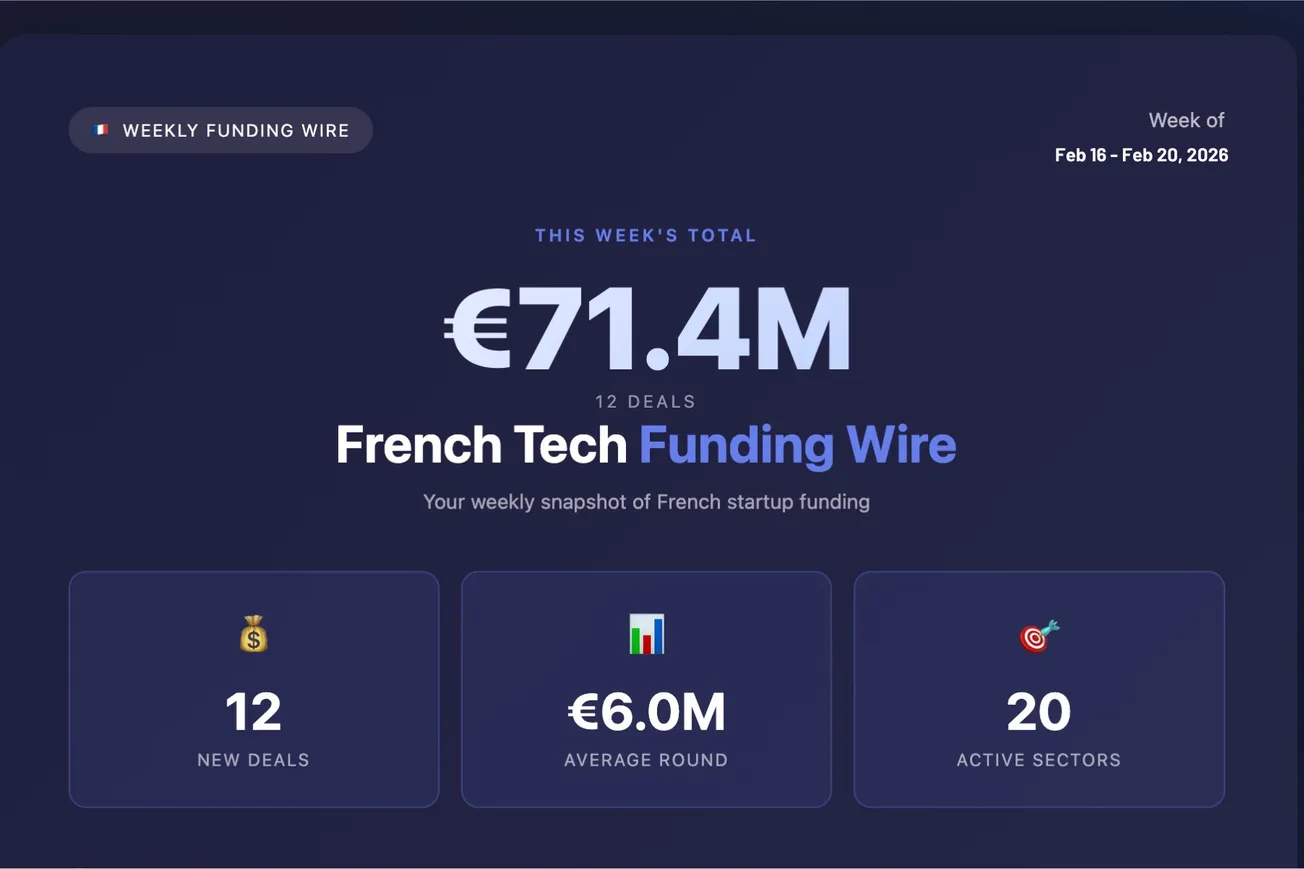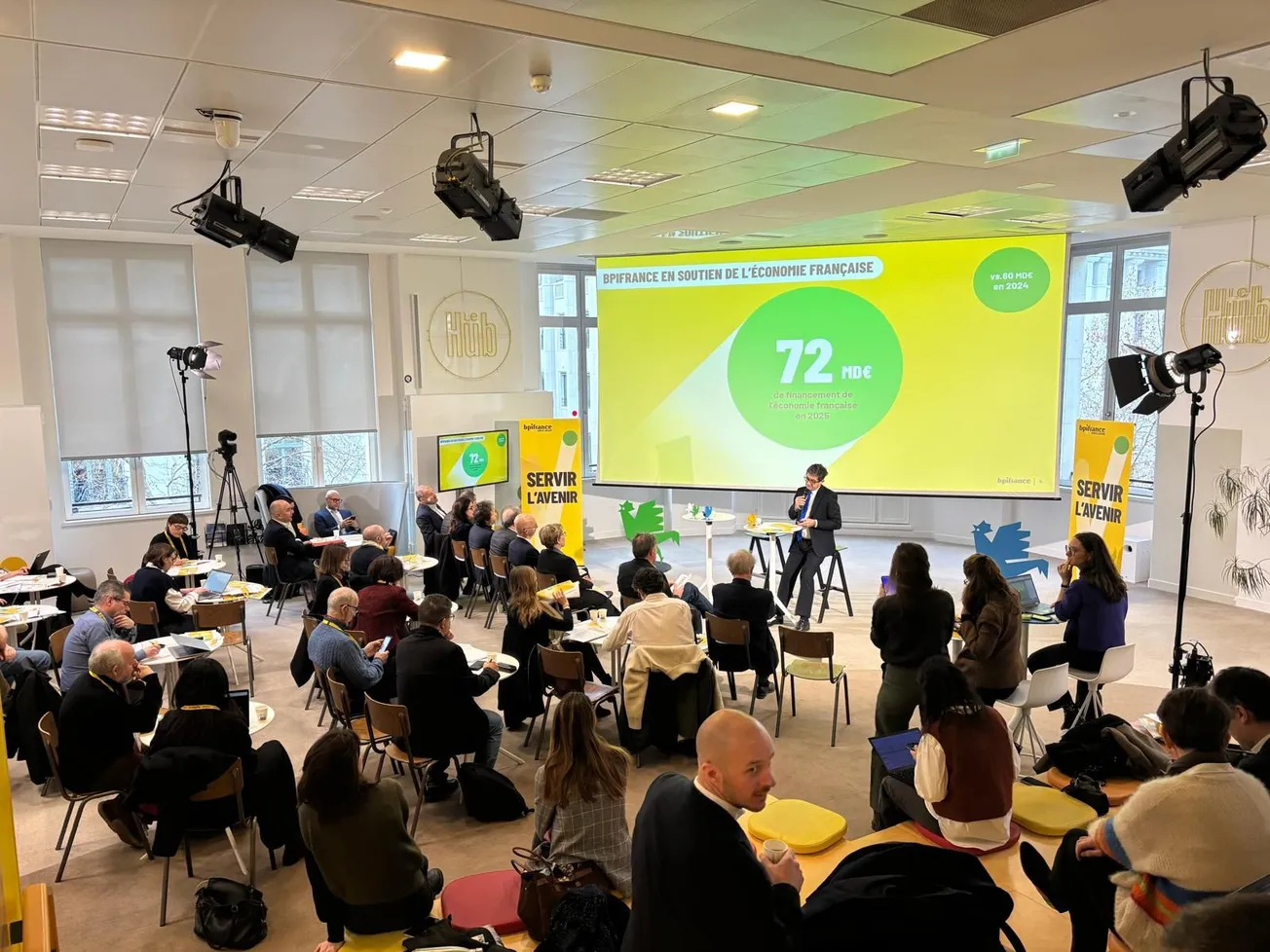As the future of work becomes one of the hottest (and most overwhelming) themes in tech, Clover is stepping into the arena with unusually bold ambitions. The early-stage evergreen fund, launched by French entrepreneur Samuel Tual, wants to become nothing less than the reference VC for work and education on both sides of the Atlantic.
And behind the wheel of this new vehicle is Hugo Mendes, a VC who’s spent years oscillating between the founder and investor worlds in France and the U.S. Now he’s helping build a fund designed to bridge those two universes with speed, clarity, and a distinctly founder-centric approach.
I sat down with Mendes to talk about why the future of work deserves its own specialist fund, why Clover opted for an evergreen model, and what he’s seeing on the ground from AI agents to corporate adoption gaps and the surprising optimism of U.S. founders.
Q: Let’s start at the beginning. What sparked Clover? Why build a “future of work” fund now?
HM: I used to work with the micro-VC Origins in France and the US doing very early-stage investing, 15 to 20 deals a year with small tickets. There are many micro funds, and founders often prefer working with smaller, more agile VCs.
When I met Samuel Tual a year ago, he was investing as a business angel but without a structured thesis. He wanted someone to help build a real investment platform.
I needed to understand his family’s objectives, which were to understand how work is evolving – Actual Group is deeply involved in this – and build a structured approach with a fund and a clear vision while positioning Samuel as an innovator and thought leader in the space.
This year, we focused on building the fund and the brand, which is essential in today’s competitive VC environment. We made our first investments in June, and we’ve already completed eight deals.
Samuel and I have both been on the founder side and the investor side. We know these two worlds don’t always speak the same language, so we asked ourselves: How do we build a fund that fully aligns with founders from day one?
Q: You’ve chosen the evergreen model. Why not build a classic VC fund?
HM: Samuel is currently the only LP. We may build a traditional VC fund later with outside investors, but it’s too early to tell.
Also, returning a €30M evergreen vehicle is very different from returning a €150M VC fund. With evergreen, there’s no pressure to exit within a rigid timeline. We want to build something long-lasting and avoid the “forced exit” scenarios founders hate.
We’ve spoken with several repeat founders who had difficult exits and now prefer a calmer time frame.
We’ve announced €30M over the next few years, already completed eight deals, with an average ticket of €125K. We want to do around 15 deals a year, enough to stay active without being rushed.
Q: What exactly is Clover’s investment thesis? “Future of work” is a huge space.
HM: The future of work is large. And honestly, it scares a lot of VCs. We’re not afraid to say it. We want to position ourselves as the leading fund in this sector.
Not sector-agnostic. Not chasing 12 different themes. Founders need to know we are clear about our thesis.
We’re focused on super early stage – pre-seed and seed rounds of one to five million. We’re willing to accept valuations of 25 to 30 million, but we need to be convinced.
Q: More concretely, what types of startups are you investing in?
HM: Productivity, collaboration, well-being...all these subjects are interconnected.
Jensen Huang from NVIDIA says that AI is no longer a tool; it has become work itself. We believe that.
AI – especially verticalized AI and AI agents – is impacting the world of work massively and raising fundamental questions. For example: Will long-term contracts still exist?
Q: Any investments you can name yet?
HM: Unfortunately, not. The founders haven’t announced yet. But they will in the coming weeks, so watch this space!
We recently closed a super competitive deal in the AI-driven HR space. More than 10 funds were competing for it. We worked hard to convince the founders to choose us, and it worked. We’re really proud of this one.
Q: What made those founders pick Clover over a more established VC?
HM: Samuel isn’t the most famous person in tech, but he built Groupe Actual, which is valued at €2 billion.
Groupe Actual is a “traditional” company, and what we’re seeing today is that AI adoption has been terrible so far, especially for corporates.
Sam’s background as a big-company leader and as Vice President of MEDEF gives us a unique edge. It allows us to build a bridge between tech and traditional company worlds.
Most startups sell to other tech companies. But that’s a problem. It leads to churn. The real revolution will come when the majority of startups sell to corporates.
Q: Was Sam’s entrepreneurial success part of what convinced you to join him on this adventure?
HM: For the most part. It’s a great opportunity to work with someone who’s built a €2 billion business.
What I like most is his willingness to invest himself, instead of just investing in other funds. He really wants to be hands-on with founders. Even after building a company for over 30 years, he wants to participate actively in the early stage. It’s inspiring. And the MEDEF is very time-consuming, so it shows real commitment.
Q: Clover is active in both Europe and the U.S. - why the double axis?
HM: The US embraces the Future of Work mindset much more quickly. The job market is more flexible and easier to scale into.
Around 63% of founders we meet are considering moving to the US. Many of our companies are European but want to expand there to learn how to sell to large corporations, which is a science in itself.
We recently invested in a YC startup. US founders tend to be more optimistic about the future and about raising big rounds. There’s a very different mentality.
Clover also acts as an education platform. We want to teach founders how to talk to VCs and scale internationally.
Q: How big is the Clover team?
HM: We’re five: Samuel, myself, Bruno Sola as partner, Juliette Moorgat on the investment team, and Maxime Verschoor on community and communications.
Many micro funds focus only on post-investment support. We think there’s work to do on the investment side, too. Automated deal flow tools can be discouraging. Juliette brings the human touch, and Maxime builds the community. We also have 10 venture partners, all experts in areas like sales, AI, scaling, finance, and legal. We’re lucky to have that network.
Q: What’s the long-term ambition? What does “winning” look like?
HM: Right now we’re adopting the micro VC approach: meeting founders, making the right investments at the right time, partnering with the right funds. But ultimately, we want to be known as the VC for work, both in Europe and the U.S.
We plan to scale in the U.S. and eventually have a team there.
We’re officially launching now, so today is about building that. But we’re super ambitious. Even though many VCs now create platforms, content, and services for founders, there’s still more to be done.


